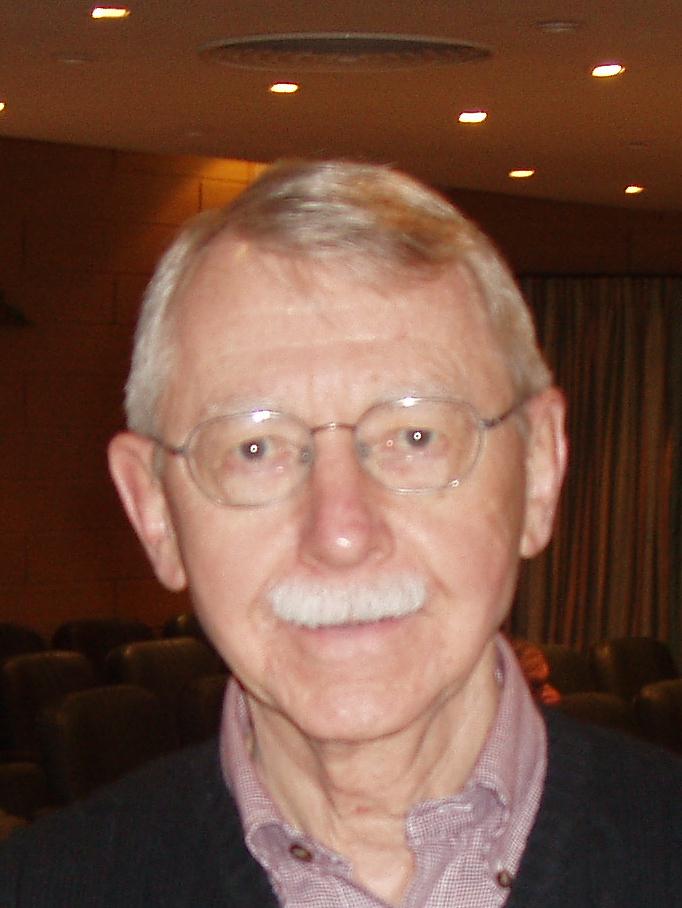
In his first article, Glenn Deckert traced the history of the “tentmaking” approach from Moses through Jesus to Paul and others in the early Christian movement. This week, Deckert explores the advantages enjoyed by global professionals, and the steps one may take to prepare for such opportunities.
____________________
Sooner or later an emerging scholar is involved in a serious job search. For a Christian the search is also a discovery of the workplace environment where he or she will interact with a new set of colleagues. During the recent pandemic many professionals found themselves working in virtual isolation at home far removed from supervisors and colleagues. That arrangement revealed some advantages, but many wonder if that would be a satisfying habit long-term. More likely, a new job entails relocation. So the question remains, who will he or she often see in that new workplace setting, join in projects, and hopefully befriend? Among the new set of colleagues might there be believers to encourage, seekers to engage, or skeptics to challenge?
In the preceding discussion, I introduced the concept of a Christian professional deliberately seeking and accepting a position where there is wide scale ignorance or misunderstanding of the Christian gospel, maybe even pervasive anti-Christian bias. Relocating to that kind of environment in another country to support yourself, and any dependents, with a readiness to represent Christ to others is often called “tentmaking.” That term is derived from the Apostle Paul who used his skill of making tents to cover his personal and ministry expenses. He did that for years in Ephesus, Corinth, and also Thessalonica. Like Paul, modern day tentmakers do daily work in a manner that honors God while showing kindness and readiness to share the gospel, whether piecemeal or more completely, as opportunities come. As pointed out before, this type of informal sharing of personal experience with Christ accounted in large measure for the rapid spread of the gospel across the Roman Empire in the first few Christian centuries. J. Christy Wilson’s Today’s Tentmakers (1979) shows how this approach worked out for many in more recent times.
Just how are self-supporting Christian professionals so suitably equipped for effective ministry among coworkers, clients, and acquaintances? Based on my own experience living and working abroad as a professional with family for many years in the Middle East, Central Asia, and the Far East, I can list the following reasons why:
- Your income comes from your job; no delay due to time-consuming fund raising
- Your role in the society is evident to all; no need to explain your role or homeland financing
- Your employment integrates you into the society; the job implants you among many nationals
- Your personal witness is authentic; no appearance of being paid to make converts
Further, participation in a local affiliated or independent professional organization opens doors to meaningful relationships with nationals in your same field of expertise. Among my many professional associates gained while working abroad have been several that have lasted for decades. Some of those contacts, in the sovereign ways of God, have reappeared in totally new contexts years later with new opportunities and greater freedom to share with them the gospel.
For example, an Iraqi friend, a Muslim biology professor, I befriended in Saudi Arabia 17 years earlier was working in Qatar when I arrived there on a Fulbright appointment. In Qatar we reconnected, went out for lunch together, and soon met weekly to read the gospels for his understanding of the Christian way. Again, a friendship with a chemistry professor in Saudi Arabia, a devout Muslim Palestinian, has lasted over 35 years up to the present. Now as a resident in another Middle East country, he and his wife have two grown sons practicing medicine not far from our home here in the US. Here we’ve met up many times, and more opportunities have come to explain the saving work of Jesus Christ to this dear friend. It’s been similar with past colleagues from Iran and Hong Kong.
What steps can you take as an emerging professional to become a purposeful global professional? First, you must know how to nurture yourself through systematic Scripture reading and prayer. Be sure you can give a concise summary of the gospel and clear explanation of what it has meant in your own life. Be regular in prayer for the opening of a position in a country or region of your choice. Ask others to join you in prayer as you seek an opportunity to live and work abroad for Christ.
Second, do your best to excel in your professional field and gain sufficient practical experience so your resume gives you an edge over other applicants. Two or three years of work experience in your home country will ensure you are a proven candidate. But in the home land context, be an intentional witness of Christ to colleagues, clients, and associates. One-to-one Bible study with another person, be it on lunch breaks or after work hours, gives excellent experience to bring to your overseas situation.
Third, share your hope for the future with other believers. Have others join you in prayer where you can share your vision of working abroad and gain the prayer support of others. Find out if other professionals in the church you attend have a similar vision and who themselves may someday work abroad. How exciting to discover a circle of believers who might consider working together abroad as professionals. If you are married, most of the above ought to be an earnest joint activity as one’s spouse should share your missional outlook. If single and desirous of marriage, pray that you will meet a like-minded person who sees venturing abroad as professionals an exciting way to serve the Lord.
Last, learn all you can about the region of the world you hope to enter, its culture, political realities, its resources and challenges. A two-week visit to learn both of employment prospects and living conditions for foreigners is great preparation. My book, Working Abroad with Purpose: The Way of a Tentmaker, is sure to offer some help both for preparation and for many aspects of making one’s way as a global professional.
In his final article, Glenn Deckert will share some of the biblical truths that offer encouragement to the global professional.

Glenn obtained M.A. degrees in New Testament and TESOL, and then a PhD from the University of Illinois focused on literacy in developing countries. Following campus ministry with InterVarsity Christian Fellowship, he held faculty positions for 18 years, including two Fulbright appointments, in universities in the Middle East, Asia, and Eastern Europe. He retired from the Department of Foreign Languages at Eastern Michigan University where he held a tenured position for 12 years.

Leave a Reply